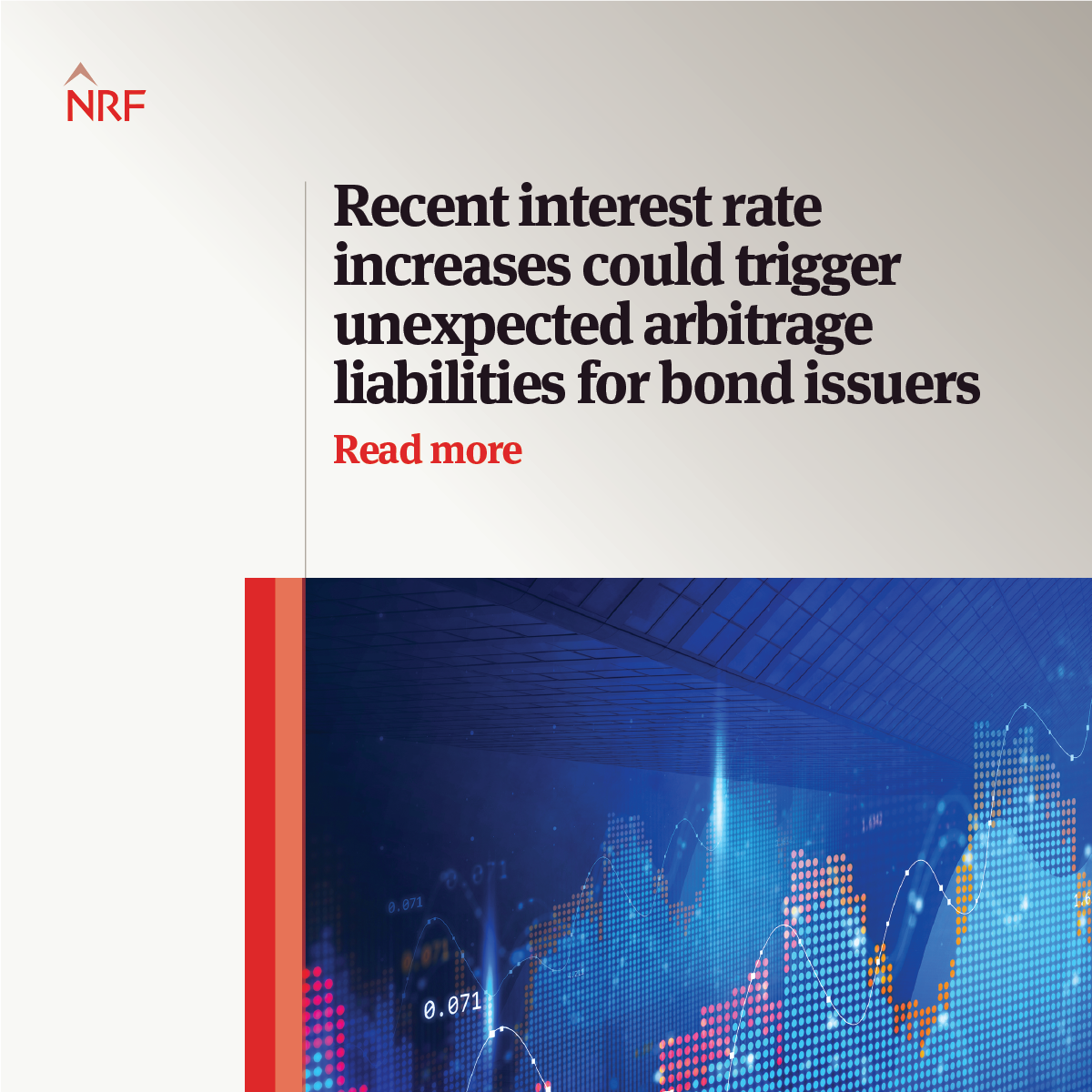
Key Takeaways:
The Hidden Threat That Can Dwindle Your Savings: Understanding the Impact of “Spaving”
When cruising through online stores or visiting brick-and-mortar shops, have you ever been tempted to purchase items you don’t really need just because they are on sale? This behavior, commonly known as “spaving,” is a dangerous trend that can silently deplete your wallet.
The Concept of Spaving
“Spaving” is a portmanteau of the words “spending” and “saving.” It describes the act of spending money primarily to take advantage of discounts or sales, even when the purchases are not necessary or align with your financial priorities. While saving money can be a responsible practice, spaving can lead to impulsive buying decisions and financial strain.
The Psychology of Spaving
Spaving is a result of impulsive buying tendencies combined with the allure of discounts. Retailers and advertisers often employ persuasive marketing strategies to make you believe you are getting a great deal, leading to a sense of accomplishment and instant gratification upon making a purchase.
Moreover, psychological factors such as scarcity bias and fear of missing out (FOMO) play a significant role in driving spaving behavior. Limited-time offers, countdown timers, or statements like “while supplies last” create a sense of urgency, making you believe it’s necessary to make immediate purchases.
It’s important to recognize these psychological triggers and cultivate a mindful shopping approach to avoid falling for the spaving trap.
The Dangers of Spaving
1. Financial Instability: Engaging in constant spaving can disrupt your long-term financial stability. Impulsive spending may result in accumulating debts or distancing yourself from important financial goals, such as saving for emergencies, retirement, or buying a house.
2. Unnecessary Accumulation of Possessions: Continuously spaving often leads to accumulating items you don’t truly need, resulting in clutter and limited space. This can contribute to stress and a disorganized living environment.
3. Emotional Impacts: Spaving can provide temporary satisfaction, but this feeling quickly fades and may be replaced with remorse or guilt. This emotional rollercoaster can negatively impact your mental well-being, leading to a cycle of excessive spending to mask those negative feelings.
Overcoming Spaving Temptations
1. Create and Stick to a Budget: Setting a realistic and comprehensive budget is crucial for a healthy financial life. Prioritize long-term goals, track your spending, and avoid making impulsive purchases that breach your budget constraints.
2. Practice Mindful Shopping: Before making any purchase, ask yourself if the item is truly necessary and aligns with your financial priorities. Consider waiting 24 hours before completing the purchase, ensuring it’s a well-thought-out decision rather than an impulsive spaving action.
3. Make a Shopping List: Plan your shopping trips by creating a detailed list of items you genuinely need. Avoid deviating from the list, as it can help you resist the allure of discounted items that don’t serve any practical purpose in your life.
4. Delay Gratification: Instead of giving in to instant gratification, learn to delay it. Practice saving up for bigger and more meaningful purchases, cultivating a habit of mindful spending and considering the long-term value of your purchases.
Remember, the aim is not to completely eliminate spending but rather to prioritize and make well-informed choices within your financial means.
Frequently Asked Questions
Conclusion
The rising trend of spaving may initially seem advantageous with its potential for savings, but it comes with hidden dangers that can wreak havoc on your personal finances and emotional well-being. By understanding the psychological triggers and dangers associated with spaving, you can make informed decisions and regain control over your financial future. Practice mindful shopping, prioritize long-term goals, and remember, a financially secure future is within your reach.
Source: insightfullgo.com

